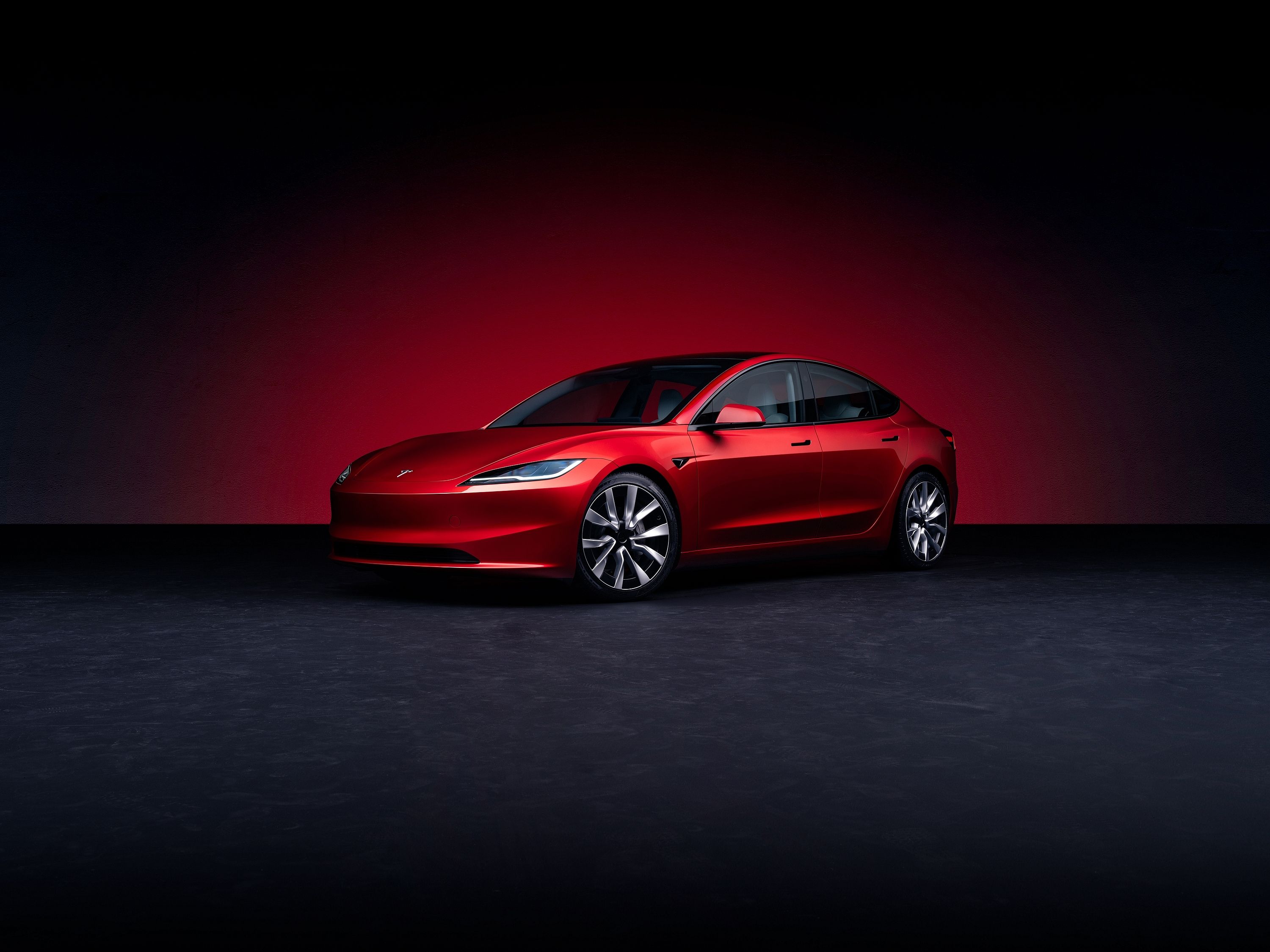
Leading battery tech company StoreDot has announced that it will soon start manufacturing silicon batteries that will change how we view electric vehicles.
The company claims that its new design will lead to lighter and more affordable EVs, along with extremely fast charging. These 100in5 silicon-dominant extreme fast-charging (XFC) batteries are smaller than those currently used by automakers. More importantly, StoreDot says the tech can deliver 100 miles of range in just five minutes of charging, which is impressive.
With these quick charging times, the battery firm says automakers would be able to reduce costs and vehicle weight and turn away from larger batteries. By replacing an 80kWh battery with a 50 kWh StoreDot silicon equivalent, manufacturers can remove around 440 lbs from the average premium EV and reduce production costs by as much as $4,500.
A lighter electric vehicle means greater efficiency, handling, braking, and improved range. With reduced costs - that will hopefully be passed on to the consumer - there's a strong chance that electric vehicles will become more attainable, further aiding the adoption of electric vehicles worldwide.
Furthermore, the smaller batteries will also require fewer raw materials, reducing the EVs environmental impact for the duration of its lifecycle. The range does, admittedly, take a dive, but the fast-charging capabilities should make up for this. Take the Tesla Model 3 Performance, for example. Thanks to an 82 kWh battery, the electric sedan has an EPA-estimated range of 315 miles.
Would owners be willing to sacrifice 100 miles of range in return for reduced weight and a cheaper price tag? We're not sure, but it could appeal to those who drive shorter distances and have a home charger, for example.
"The two remaining barriers to EV ownership are charging anxiety and cost, and StoreDot's XFC solution was designed to assist with both. Radically reduced charging times will allow automotive manufacturers to rethink how they approach battery size and range," explained StoreDot CEO Dr. Doron Myersdorf.
"When charging times are no longer an issue, it makes a lot more sense to fit smaller battery packs. The cost savings could transform the accessibility of EVs and sustainability of batteries, with better car efficiency, fewer raw materials needed, and less recycling at the end of their in-vehicle life," he added.
While many companies are chasing solid-state batteries, StoreDot believes this technology is still some time away and has stated that semi-solid-state batteries are the way to go for now. The Israeli firm is a big name in the battery business and recently got a sizeable investment from EV maker Polestar.



